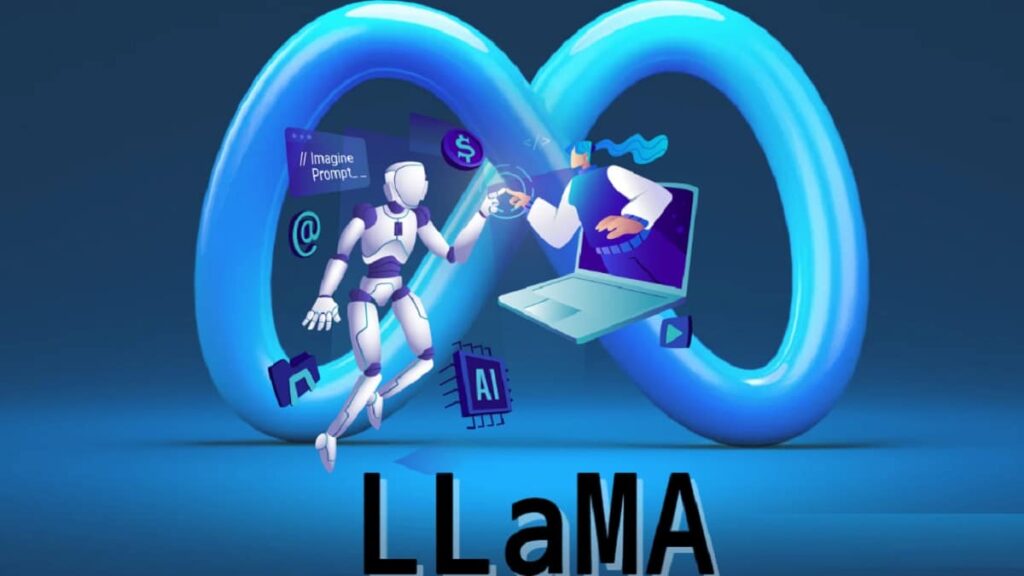Meta Platforms Inc. has unveiled the most recent edition of the Llama AI Model in preparation for its acquisition of OpenAI.

Meta Platforms Inc.’s technology behemoth introduced the most recent iteration of its Llama AI model, Llama 3.1. This instrument has the potential to undermine OpenAI’s market dominance.
Meta Investigates a Distinct Model with Llama 3.1
The parent company of Facebook announced the introduction of a new Llama technology on Tuesday, which is available in three distinct versions. One of Meta’s most significant and competent AI models is one of its variants. This most recent model, like all previous Llama models, is open-source. The Llama 3.1 is the successor to the Llama 3 iteration.
Meta’s dedication and substantial investment in artificial intelligence are evident in Llama 3.1. This product is in an advantageous position to compete with other industry giants, such as Google, Anthropic, and OpenAI.
It also emphasizes the development of Meta’s commercial partnership with Nvidia, a chip manufacturer. It is essential to mention that Nvidia is a significant partner of Meta, supplying the social network with its GPU computing processors. These are employed to assist in training Meta’s AI models, including the most recent iteration of Llama.
Meta, in contrast to OpenAI, currently needs to be more profit-oriented regarding the sales of access to its proprietary LLMs, at least for the time being. It intends to collaborate with a few technology organizations to encourage clients to utilize Llama 3.1. Additionally, these organizations should be prepared to develop security and management tools compatible with the new Meta AI software. The organization has partnered with Dell, Databricks, Microsoft Azure, Google Cloud, and Amazon Web Services.
Meta may be on the brink of capturing a portion of OpenAI’s market share with this business model. Many believe that Meta will eventually overthrow the company managed by Sam Altman.
OpenAI has launched GPT-4o Mini
OpenAI is currently working to enhance its ecosystem by introducing additional models. GPT-4o Mini, a more accessible and streamlined variation of its state-of-the-art AI model, is one of its most recent products. According to Altman, it was introduced this month and is intended to be more effective and efficient while integrating seamlessly with other platforms.
Significant emphasis is given to its “Omni” capabilities in various formats. OpenAI promoted the new model as the most affordable and competent small model available. Nevertheless, this was before Meta developed the Llama 3.1 paradigm.
